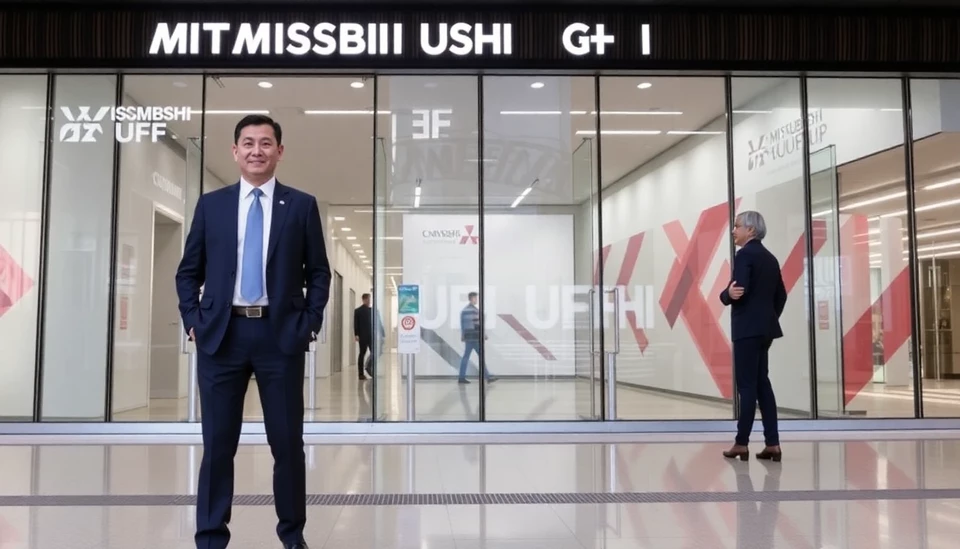
Mitsubishi Corporation, one of Japan's leading trading firms, has recently reported a staggering loss of approximately $90 million due to potential fraudulent activities tied to metal trading in China. This alarming revelation comes as the company grapples with serious allegations regarding the integrity of its metal procurement processes within the region.
The financial fallout stems from transactions involving metals that are said to have been misrepresented or possibly falsified, leading to significant discrepancies in the trading books. While details surrounding the exact nature of the fraud remain sparse, sources indicate that it may involve the manipulation of inventory and transaction records related to metal supplies.
This incident marks a significant blow for Mitsubishi Corporation, which prides itself on its strong governance and operational transparency. The company has stated that it is conducting an internal investigation to ascertain the specifics of the alleged fraud and to assess the broader implications for its ongoing business operations. It is expected that the results of this investigation will provide more clarity regarding how such discrepancies occurred and what systemic changes may be necessary to prevent future occurrences.
The metal sector, particularly in China, has faced scrutiny in recent years over various malpractices, including stockpiling discrepancies and fraudulent documentation. Experts in the commodities market suggest that Mitsubishi might not be the only company facing risks in such a volatile environment, highlighting a trend that could potentially enlighten future corporate governance discussions.
As the investigation unfolds, Mitsubishi Corporation's shareholders will likely be watching closely to see how this incident affects the company's financial standing and reputation in the competitive global market. This loss not only reflects the risk companies face in international dealings but also shines a light on the importance of robust internal controls and transparency, particularly in regions known for less stringent regulatory frameworks.
In response to this alarming situation, the company has pledged to enhance its oversight mechanisms and better safeguard its operations against such fraudulent activities. As part of its future strategy, Mitsubishi aims to restore confidence among its investors and stakeholders by implementing stricter compliance measures and ensuring full transparency in its operations.
This incident is a stark reminder of the complexities and risks involved in international trade, particularly in commodity markets where barriers to entry coupled with inadequate regulatory oversight can lead to significant vulnerabilities.
In conclusion, the fallout from this incident will likely resonate across Mitsubishi Corporation and the wider trading industry as companies take heed of the increasing need for vigilance in their procurement practices. The outcome of the internal investigation could shape not only the company's future strategies but also influence industry standards moving forward.
#Mitsubishi #Fraud #China #MetalTrading #BusinessNews #CorporateGovernance
Author: John Harris




